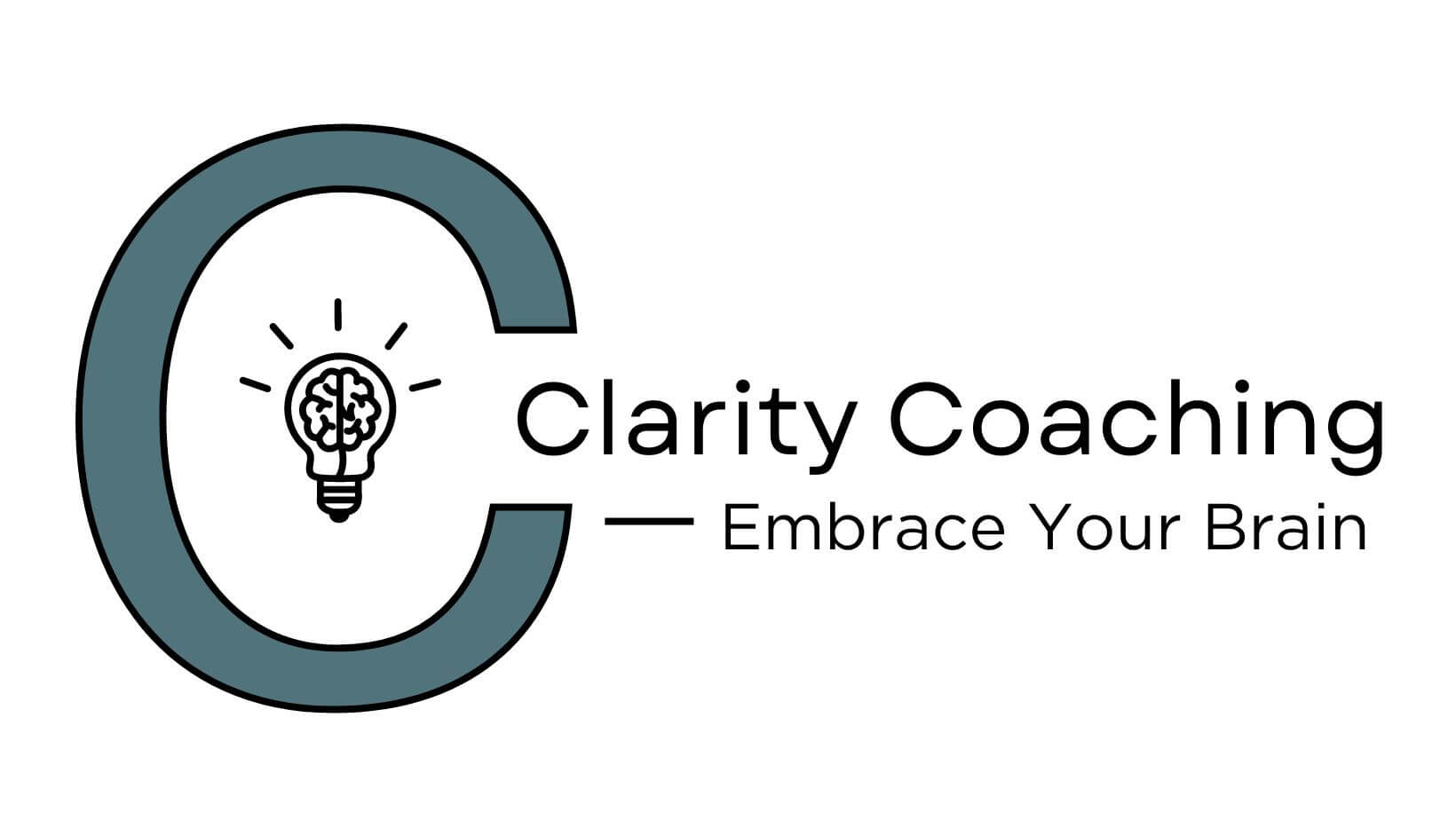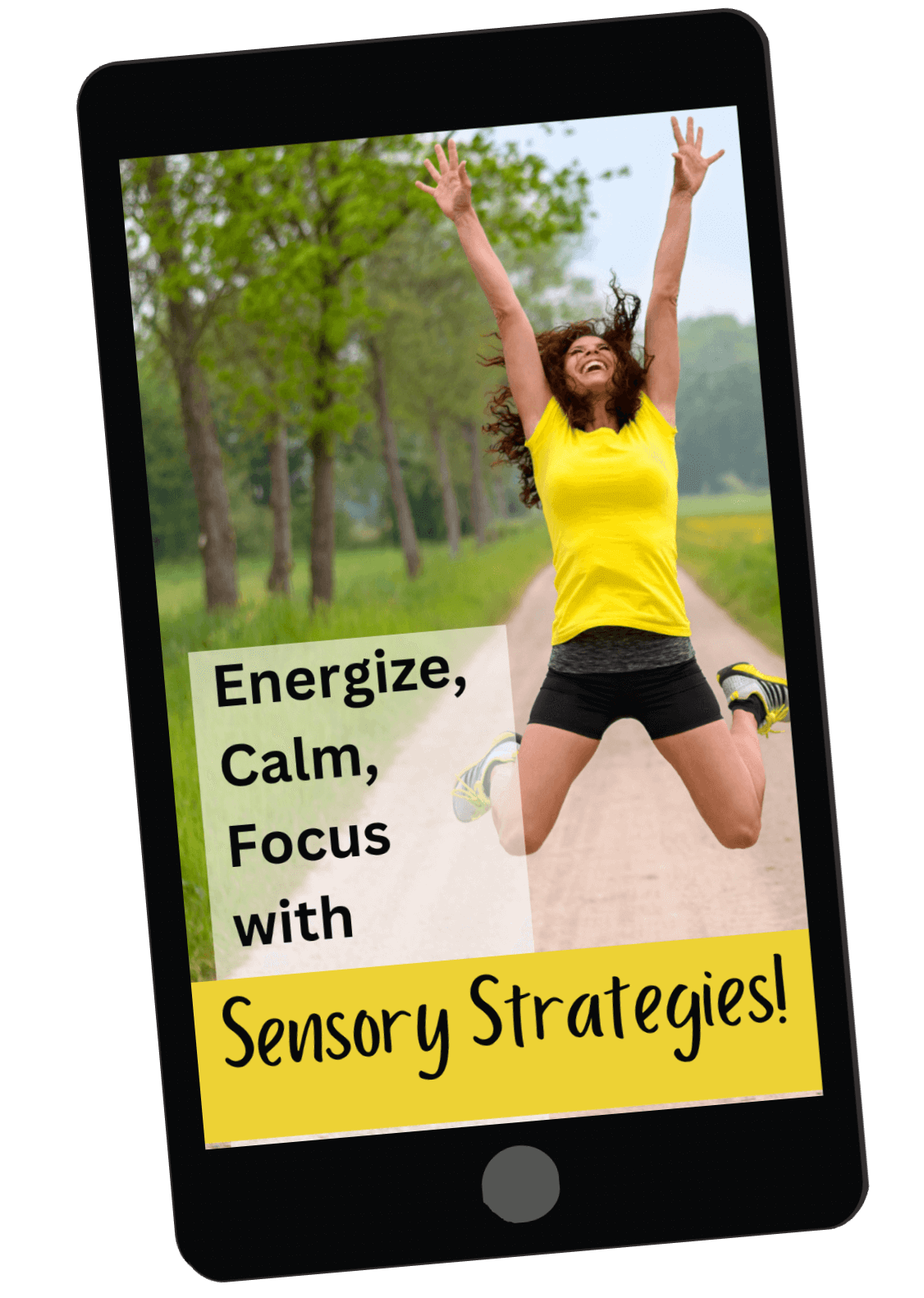What to Expect with 1:1 Coaching?
Frequently Asked Questions

Moving forward with coaching can be exciting and overwhelming!
Most of us haven't coached before, so it's normal to have questions!
- How will we meet? How often?
- How long will our calls be?
- What should my coaching calls focus on?
- What if I get it wrong?
- What kind of accountability is available between our sessions ?
- How do I know if a topic is a coaching topic vs a therapy topic?
- How long does coaching usually take?
How will we meet? How often?
I prefer phone calls to video calls when possible. (Primarily because I use strategies like doodling and movement to help me focus and I know that this can be distracting).
If audio calls don't work for you, please let me know. I'm happy to have our calls via Zoom if this is a better fit for you.
Most of my clients start with weekly calls. I've found this is the best way to truly get traction in the beginning! Once you have that traction, we may decide to decrease frequency/ spread out our calls.
How long will our calls be?
Weekly coaching calls typically run 50 minutes.
What will my coaching calls focus on?
Each week that we meet, you'll choose the focus for our session. If you're feeling stuck and not sure what topic to choose, you can use some of these questions to help:
- What do I want to walk away with today?
- What feels important to me right now?
- What would give me some ease/relief this week?
- What do I need most this week?
- What strong emotions have I had recently? Can those point me to what I want less/ more of?
- Are there conflicts I would like to better understand/ have some tools to deal with?
- What do I not want my coach to ask me? (up for a challenge? pick this one!)
Some weeks it may still be hard to choose. No worries! If you feel stuck, I can help.
I'm choosing the topic? What if I get it wrong?
You won't. I promise.
With ADHD, many of our topics will be interrelated! You may decide to coach on time management but discover that emotional regulation is impacting how you manage your time. Coaching about low motivation might lead us to discover that the real issue is mis-judging time/unrealistic expectations.
That's the fun of coaching; we have no idea what we'll discover before we start, but we always make new discoveries and keep moving forward!
What kind of availability is available between our session?
Most weeks, you'll take action after our session, so it can help to have some kind of accountability to support you as you do this. The kind of accountability that works for you is personal; I don't insist on any one way to do this.
Think about what has helped you take action in the past. How would you like to celebrate when you do something you planned to do?
I offer text support in between our weekly sessions AND a discussion room in your own private coaching vault for additional accountability. Use this if it works for you, feel free to leave it if it doesn't.
Some people LOVE texting me a photo of the room they just organized, an update on how using a strategy went, a funny fail (don't worry, I'll share mine, too!), or even an emoji to signal "I did the thing!".
Others find this kind of communication to be too much and prefer a different method. You might not know what you prefer yet. That's ok. We can discover that together and you can change your mind as you try different things.
How do I know if a topic is a coaching topic vs a therapy topic?
ADHD can impact all areas of life, so this one can be tricky! There's plenty of overlap when it comes to coaching vs. therapy topics , but the approach/ focus of each are often different. If a topic falls outside of my training/ skill set, I'll communicate that to you and suggest other resources.
Coaching vs. Therapy
Coaching is action focused. Our emphasis is on doing. In order to take effective action, we still need to understand, observe, and reflect, but most of our discoveries will lead you to take action with this understanding..
Coaching is present focused. Considering the past is important when it comes problem solving and changing the patterns that no longer work for us, but we don't spend a large amount of time exploring/ processing the past.
Looking to the future is a part of planning, problem solving, and goal setting, but if we only focus on the future, it can make it hard to identify the steps we need to take today! Most of our time in coaching will be focused on the present.
Coaching and therapy have different roles in relationships. ADHD impacts relationships! When we explore relationships in ADHD coaching, our focus will be on what you can control. That might include areas like developing effective communication, emotional regulation, self-awareness and self-advocacy, parenting strategies, assertiveness training, thinking work (like CBT and DBT), and more.
If you need help with complex relationship dynamics and support for more than one person in the dynamic (such as conflict resolution or family systems), a marriage and family therapist will be the best fit.
Coaching doesn't address trauma. As a trauma-informed coach, I have training and sensitivity regarding trauma, but do not have training in helping clients resolve trauma. If you believe that trauma is impacting your day to day function, I encourage you to find a trauma trained therapist to support you.
How long does coaching last?
There's a lot of variables that impact how long we work together, but on average, my clients work with me somewhere between 2-6 months. My goal as a coach is that when we're finished working together you have the confidence and skills you need to keep doing this work and can self-coach independently!



